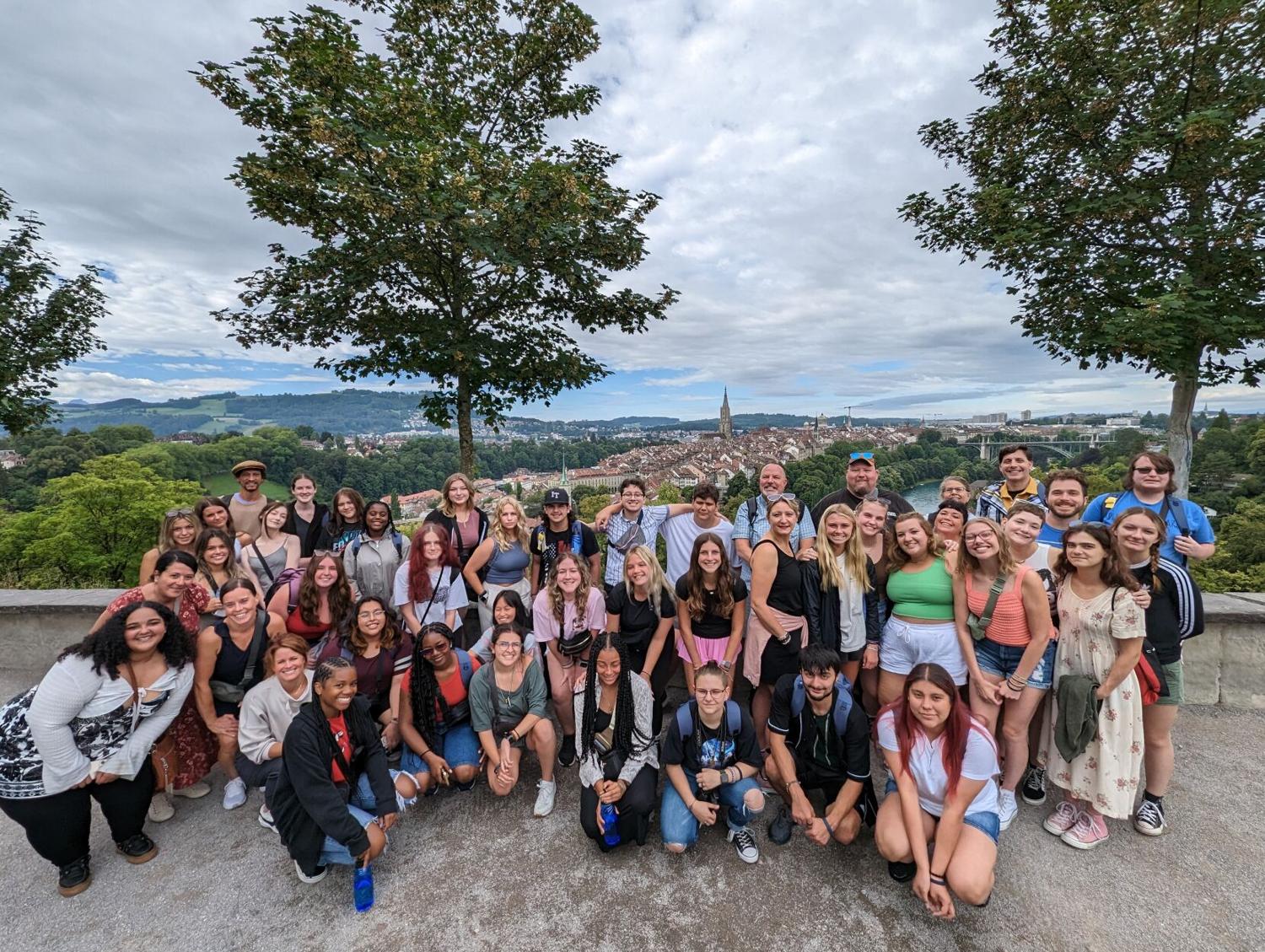As the school year winds down for Kenosha Unified students, those involved in Tremper High School’s Travel Club have one thing on their mind: a 10-day trip to Ecuador and the Galapagos Islands.
From June 16-26, a group of 40 students, parents, relatives, Tremper staff and a Travel Club alums will make their way to the South American country and tropical archipelago on a once-in-a-lifetime trip and learning experience.
In Ecuador, the group is slated to visit rural villages high in the Andes Mountains, in the Mindo Cloud Forest and along the equator, where they will conduct physics experiments that can only be conducted there. They will also learn about Ecuador’s political, economic and social relationships with the United States while local historians guide tours through the mountains.
The group will later take a special transport flight to the Galapagos Islands where they will visit scientific facilities to learn from researchers about their efforts to preserve the animals, marine life, birds and reptiles, as well as the flora and fauna that impacts the entire world’s ecosystems. Group members will be snorkeling with marine specialists to see first-hand the reefs and marine life around two of the islands.
People are also reading…
The trip is unique because it is the largest school group to Ecuador and the Galapagos, and some of their planned experiences are normally restricted.
“The actual research centers and seeing what the conservationists are doing there for climate change and preserving the species … are not things that are open to people outside of the schools,” said Travel Club adviser Laura Zajicek-Bagenski.
A number of students are able to bring along a family member, Zajicek-Bagenski said.
“It is really unique that we have so many kids that want to share what they’re doing in Travel Club with their family,” she said. “The itinerary is so varied, for kids to be able to have a parent there and experience it with their parents at the same time, I think that’s pretty awesome.”
Years in the making
Zajicek-Bagenski said the trip has been in the works for two years, and was put together due to student interest.
“The kids said that this was where they wanted to go, and a lot of those kids have also enrolled to go on this trip,” she said. “Kids were really interested and getting to see all the animals, the endangered species, going to the research labs, being able to explore the mountains of the Andes and doing physics assignments on the equator.”
Zajicek-Bagenski said the upcoming trip was more difficult to organize than a European trip.
“We have to have special luggage, and we have to have special passports and visas. We have a lot of different paperwork that you wouldn’t normally have to carry,” she said. “But the organization (of the trip), I think it’ll be all worth it.”
World travelers
The Tremper Travel Club is approaching 20 years of trips around the globe, Zajicek-Bagenski said.
This year’s trip will mark the 24th country the club has visited. In the past, destinations have included Italy, France, Germany, England, Panama, Ireland, Switzerland and several more.
“And we don’t see anything slowing down in the future,” Zajicek-Bagenski said. “We’re always looking for more members and more families to get involved, and we hope to see this continue to be a tradition for Tremper.”
Zajicek-Bagenski hopes students return home with the ability to take what they learned and share it with the community.
“I really hope that they take away the efforts of conservation that are being done in the world,” she said. “(Along with) the importance of the scientific community, the international global community working together (and) the idea that the world is actually a much smaller place than what they mostly think it is. It will hopefully give them some hope to be part of the future and maybe even go on to be in some of these fields that we’re going to explore.”








:max_bytes(150000):strip_icc()/roundup-writereditor-loved-deals-tout-f5de51f85de145b2b1eb99cdb7b6cb84.jpg)


